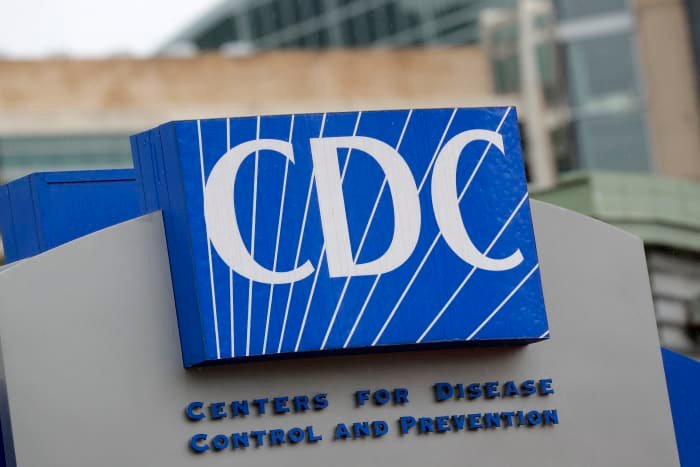Recently, outbreaks of E. coli and Listeria monocytogenes have been reported across the United States.
San Antonio doctors have advice on what you can do to protect yourself from these foodborne illnesses, which can cause severe physical symptoms and even death.
“When you hear about an outbreak, check your refrigerator or pantry for such foods. If so, eliminate them,” says Jason Bowling, chief epidemiologist at the College of University Health. said the doctor.
E. (E. coli):
Escherichia coli is a bacterium that exists in the intestines of humans and animals.
Most are harmless and help digest food, produce vitamins, and protect against bacteria.
Bad E. coli bacteria is usually ingested into our bodies through contaminated food.
Symptoms usually appear after 3-4 days
Symptoms of E. coli infection include diarrhea, high fever (102 degrees or higher), and vomiting.
Listeria monocytogenes:
Listeria monocytogenes is a bacteria that can contaminate food
People who eat these foods can become infected
Listeria infections are rare but very serious
Can survive even in extremely cold temperatures
Symptoms may take up to two weeks to appear
“It can survive refrigerated storage, which again illustrates some of the challenges that can arise in foodborne illness outbreaks,” Bowling said.
Symptoms of Listeria monocytogenes include diarrhea, fever, and vomiting.
Listeria monocytogenes can be dangerous, but pregnant women, people over 65, or people with suppressed immune systems are more susceptible to the disease.
Another type of food poisoning that has been confirmed to occur this year is salmonella.
Salmonella:
Salmonella is also a bacteria that can make people sick.
The CDC estimates that approximately 1.35 million people in the United States become infected with Salmonella each year.
Salmonella bacteria live in the intestines of humans and animals.
Can be ingested through food, water, contact with animals or animal feces
Symptoms may appear several hours later
Symptoms of salmonella include diarrhea, vomiting, and fever.
As you may have noticed, all of these food poisoning symptoms are similar. If you start experiencing problems like this, it’s important to know how to deal with them yourself. Fever and diarrhea are major concerns, but vomiting can lead to dehydration and other problems.
“If you’re vomiting to the point where you can’t hold back any fluids, it’s important to take action immediately because you may be dehydrated, and dehydration can cause serious problems for people.” said Bowling.
Click here for the latest list of outbreaks from the CDC.
Stories related to this year’s food poisoning outbreak:
Copyright 2024 by KSAT – All rights reserved.

